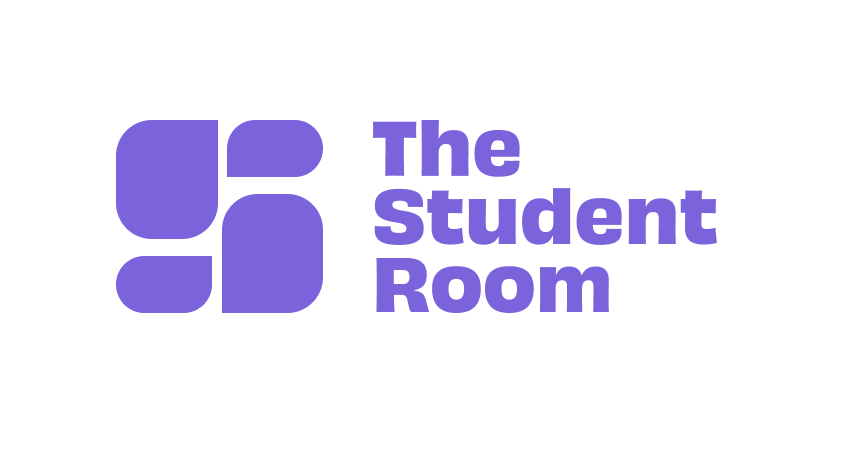39% of A-level students feel they don’t know enough about the Clearing process, so in the lead up to Results Day we see increasing demand for support and advice on The Student Room.
This year over 45,000 students have already registered to receive university and course information about Clearing.
Collecting this data allows us to strategically target students with relevant course-specific messaging. Great news for your institution, but what does it say about the industry and student confidence?
Subject interests
This year, we’ve noticed an increase in the number of subjects students are registering for. So far, the ten most popular courses for Clearing 2019 are:
- Biological Sciences
- Medicine
- Mathematics
- Psychology
- Business & Management
- Healthcare
- Chemistry
- Law
- Economics
- Accounting and Finance
Student confidence
With the recent exam reform, changes in grade boundaries and the removal of AS-levels, it’s understandable students are nervous about how these modifications will affect their grades.
Students took to The Student Room in their thousands to express their confidence or concern about how their exams went. There was a mix of emotions, with some feeling positive and others feeling less certain about achieving the required grades for their firm and insurance university choices.
One thread about this year’s A-level Chemistry paper collected poll results from over 920 students. The results revealed that 64% had negative feelings about how they did.

One user on The Student Room commented:
“I reckon I only got around 100 marks.. I think it could’ve done much better tbh.”
Students also lacked confidence in Mathematics, which is the third most popular subject for Clearing. Over 60% reported feeling negative about how they performed in the exam. Other students expressed how desperate they were to pass their exams, how defeated they were feeling or shared that they were already researching alternative options in preperation.
The impact of unconditional offers
With the number of unconditional offers on the rise, we wanted to understand the impact this was having on student confidence during A-levels.
In a survey of over 500 students, we found fewer than one in five (18%) said that accepting an unconditional offer would have no impact on the amount of work they would do to prepare for exams.
39% said that they would feel less motivated to revise, which suggests they’ll take their foot off the gas because of the lifeline they have to fall back on.
However, we saw multiple conversations on-site from those holding unconditional offers that were still feeling nervous about making the grades to meet their first choice.
This student was debating whether to accept an unconditional offer at a university they weren’t really interested in, or whether they should retake their A-levels and aim for better grades that might secure a conditional offer at a university they were more keen on:
“Retake A-levels or go to uni who’s offered me an unconditional?”
“Considering how badly I’ve performed in my exams, I’m expecting an E/D on Results Day.
I’ve already got a conditional as well as an unconditional offer as backup from good unis, so my grades don’t affect my chances of going to uni. However, should I retake it?”
Be prepared
There are less than eight weeks to go until A-level Results Day and the start of Clearing. That’s plenty of time to appeal to undecided students and get your university to the top of their lists.
Find out about how you can get your messages to the right students at the right time.

